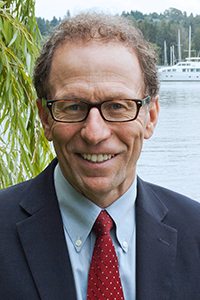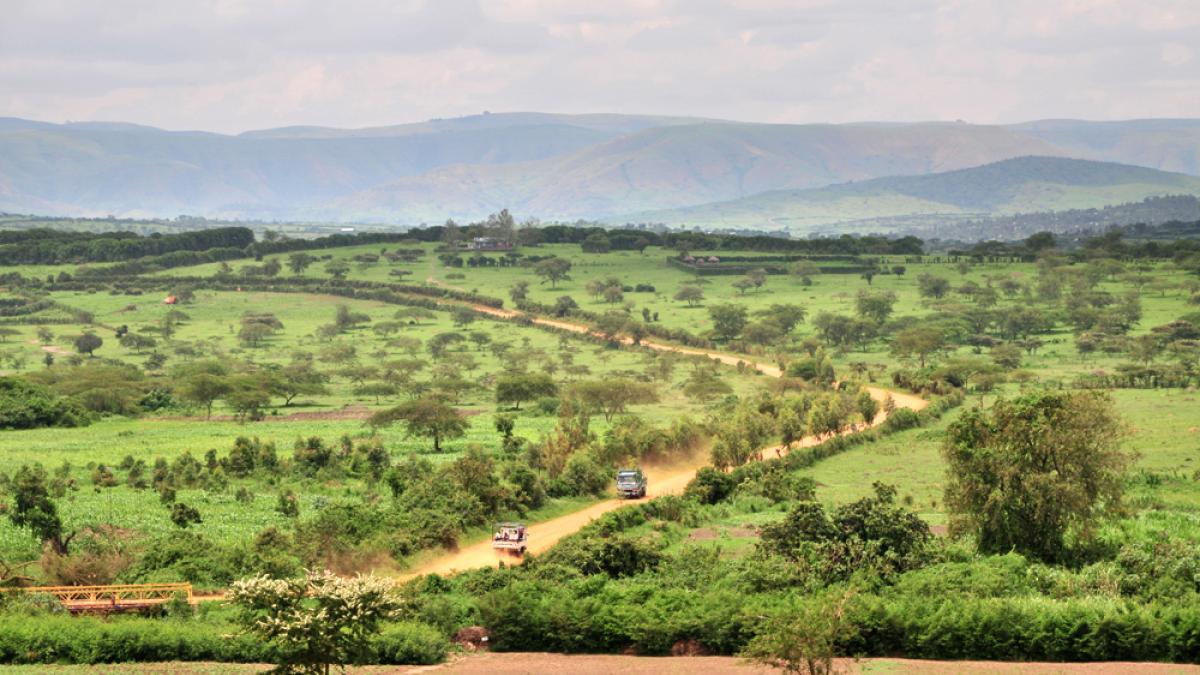Changes in our environment are creating new challenges: new disease patterns, threats to mental health, malnutrition and unpredictable natural disasters. These developments are unprecedented, with impacts felt across the world, most intensely in communities traditionally excluded from accumulating wealth.

What health professionals see in hospitals and clinics is also shifting, requiring new approaches to diagnosis, treatment and advocacy.
To address this need, the University of Washington’s Center for One Health Research and the Stanford Center for Innovation in Global Health are launching Medicine for a Changing Planet, a collection of clinical case studies supporting health professionals in providing more effective care for patients living with climate change.
These case studies, collated from clinical encounters around the world, support health professionals in recognizing and treating a variety of health-related conditions that can be traced to environmental stressors.
Topics include infectious diseases, noncommunicable diseases, malnutrition, heat stress, physical trauma and mental health concerns.
Empowering 'disease detectives'
“We want the skills emphasized in the Medicine for a Changing Planet case studies to empower health care providers to play a more active role in the response to global environmental change,” said Dr. Peter Rabinowitz, professor in the UW Department of Environmental & Occupational Health Sciences (DEOHS).
He is director of the UW Center for One Health Research, part of DEOHS, and co-led the development of the case studies.
“We encourage health professionals to focus on their role as disease detectives, identifying sentinel cases of environmentally induced disease and steps that they could take to manage such cases, both in and beyond the clinic,” he said.
Considering climate in patient medical history
Among other things, the cases call for an expanded approach to taking a patient’s medical history.
Clinicians already are trained to look out for social determinants of health, considering a patient’s occupation, lifestyle and other key factors.
These cases encourage health professionals to go a step further, considering how environmental stressors, such as extreme heat, wildfires, food access and widespread pollution may impact a patient’s health.
“Listening closely to one’s patients to understand the many factors impacting their health has always been a physician’s core responsibility,” said Dr. Michele Barry, Shenson Professor and Director of the Center for Innovation in Global Health at Stanford University’s School of Medicine, and co-lead of this project. “This is even more important now, in a time when the human-altered environment is placing unprecedented pressures on our health and well-being,” she said.
Rabinowitz’s role in assembling the new case studies builds on his work to establish “a rich global network of researchers and clinicians investigating emerging environmental challenges and diseases,” said DEOHS Chair Michael Yost.
“And it demonstrates the UW’s commitment to improving population health around the world.”




